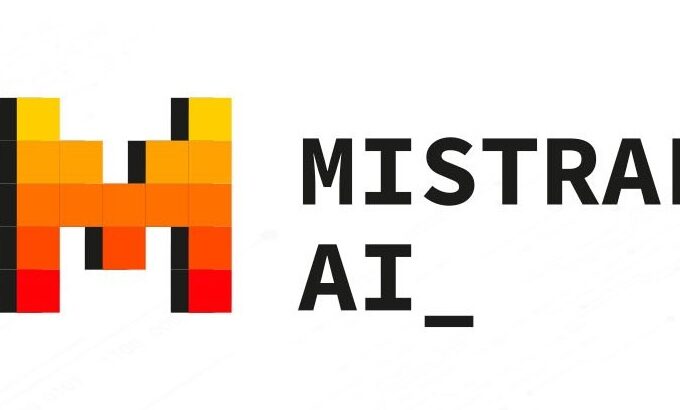
FinTechs Expand Open Banking Opportunity For Banks
via PYMNTS
New solutions continue to roll out as a result of open banking frameworks around the world and banks’ increasing willingness to collaborate with FinTechs. This week’s look at the latest in bank-FinTech collaborations reveals two new open banking initiatives from FinTechs designed to address back-office friction for banks. Meanwhile, other partnerships between banks and FinTechs embrace data sharing to target friction for joint small business customers.
TransferWise Integrates With Mambu
German banking platform Mambu has announced a collaboration with TransferWise to enhance banks’ cross-border payments and foreign exchange management operations, the companies recently revealed.
Mambu’s traditional and challenger bank clients will have access to TransferWise for Bank solutions to ease the movement of money across borders via TransferWise’s application programming interface (API).
In a statement, Transferwise CEO and Co-founder Kristo Käärmann said the partnership moves the ecosystem toward “a new global payments infrastructure for banks around the world,” with a focus on cost optimization and transparency.
Surecomp Wields Open Banking For Trade Finance
Trade finance technology firm Surecomp is expanding its capabilities for developers and lenders, launching an API dubbed APIsure. The result of open banking standards, the technology aims to integrate real-time processing of bank guarantees and letters of credit for banks that provide trade finance.
Surecomp noted the solution was developed in partnership with banks, meaning it supports compliance and security while integrating directly into FIs’ back offices. The offering also connects developers with a portal to create their own apps.
In a statement, one European bank that has already adopted APIsure said the solution enables “real-time paperless connectivity” for both banks and corporates.
Tribe Payments Plans Open Banking Module
Payments processing technology firm Tribe Payments has announced plans to launch an open banking module later this year, IBS Intelligence reported recently, with the company aiming to wield the framework’s payments initiation capabilities and allow third-party partners to develop their own consumer and business payments products.
According to Tribe Payments, while open banking can open up competition, many companies and developers struggle to overcome the technological burden of taking advantage of data integration capabilities.
“Open banking is a positive thing,” the company’s CCO Alex Reddish told the publication. “But what it has actually done is create an unnecessary economic and technical burden for everyone wanting to play a role. And so, it’s predicated on those with big balance sheets and data able to leverage their positions, versus the startups and those it was designed to foster.”
As both a card issuer and acquirer, Tribe Payments is expanding its data processing capabilities through open banking, the firm added.
FAB Teams Up For Digital Invoicing
The UAE’s largest bank, First Abu Dhabi Bank (FAB), recently announced a collaboration with Etisalat Digital. The two are collaborating on a solution to enable joint small business customers to adopt eInvoicing and to accept card payments, as a means of supporting the demand for contactless payments as a result of the pandemic.
Invoices can be sent via SMS, email or WhatsApp, and payments can be accepted on orders before delivery begins. The companies pointed to SMBs in the food industry as particularly large targets for their joint solution, with many restaurants and grocery stores looking to move away from cash on delivery.





